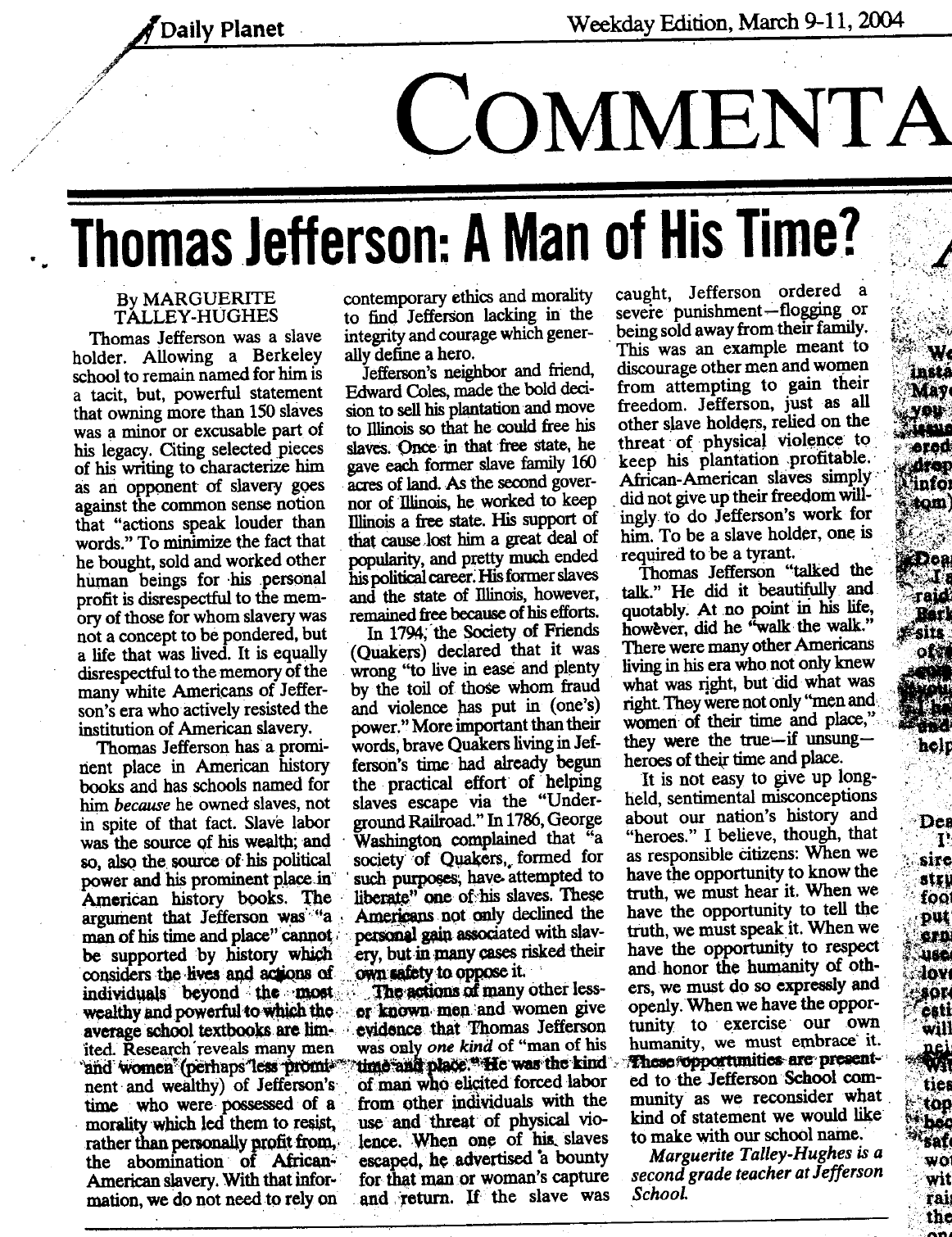Engaged parents and caregivers make our schools stronger. So why do I think a new group that calls itself the “Berkeley Parents Union” is potentially so divisive?
The mission of the Berkeley Parents Union (BPU), which bills itself the “parent voice” of BUSD, is to make endorsements in the upcoming school board election. Nowhere on BPU’s website does it list a Board of Directors, leadership/organizing committee, or founding members. The group does “not take positions on specific policies or issues.” It does not appear to be an affinity group, such as Latinos Unidos de Berkeley, which is united in action around a particular issue or constituency. Instead, BPU says its goal is to have its membership “inform Berkeley voters who we believe will best serve our students.”
An endorsement from a group that takes no positions on anything and doesn’t say who they are probably shouldn’t carry much weight. It is tempting to ignore it altogether. But because BPU plans to use the “parent” name and the “union” label to “market” (their words) their preferred candidates to Berkeley voters, it is worth calling out why their approach is so problematic.
First, voters should be wary of any group that asks people to follow its endorsement while remaining anonymous. Claiming to represent parents is not a license to be secretive. Actual unions (and most serious advocacy groups) have clear processes whereby members elect leaders and vote on positions and endorsements. BPU laments that many people simply follow the recommendations of “clubs, unions, or candidate statements” when deciding for whom to vote. But political clubs and unions identify their leadership – who they are and what they stand for – on their easily-accessible websites. BPU seems to think that calling itself the “parent voice” of BUSD will bestow automatic credibility, despite a complete lack of transparency.
Second, if BPU refuses to take any positions on any issues, it is impossible to know what factors the group is using to determine its endorsement. Five of the six candidates surely support the values stated on the BPU website, which are just restatements of BUSD’s mission. Will BPU endorse all five candidates? A key role of the School Board is to set policy. One thing I have learned in almost eight years on the School Board – and this is apparent from even a glance at my BUSD email inbox – is how often parents passionately disagree with each other on many critical issues. If BPU does not take positions on “policies that best serve our students,” what does its endorsement even purport to mean?
Third, in the absence of any stated policy goals, BPU threatens to create a wedge between Berkeley teachers and families, resurrecting divisions that surfaced during the worst of the pandemic. Berkeley has a long history of partnership between its teachers union, BFT, and parents to advance many initiatives that benefit all students. (Even during the pandemic-related school closures, when we did not always see eye to eye, School Board Directors and administrators listened carefully to the variety of parent opinions, brought those diverse perspectives to the table, and worked with BFT to secure reopening of our elementary schools five days a week before any other district in the county.)
Language recently added to BPU’s website offers support for both teachers and unions, and distances itself from the pro-privatization/pro-charter National Parents Union. But without any articulation of its positions, or how their views may differ from, or align with, BFT or the teachers who comprise its membership, I’m not convinced. Parent groups calling themselves “unions” have cropped up around the country in recent years. As this article explains, these groups are not “unions,” of course, in that they do not collect dues from employees or engage in collective bargaining. They do, however, often position themselves in opposition to teacher unions. (For example, the National Parents Union, in an article linked on BPU’s website, is described as a “countervailing force” to teacher unions.)
Our community needs to hear parent voices, and we have a strong network of school-based PTAs, as well as a district PTA Council that hosts a robust, non-partisan school board candidate forum each election cycle. But a group that claims to speak for, or represent, all BUSD parents while refusing to say who they are or what they stand for, is irrelevant at best. At worst, it co-opts the “parent voice” to advance the unstated objectives of its anonymous leaders.
I am not running for re-election. I assume BPU will endorse some of the candidates I have endorsed, and some I have not. I’m not concerned with who BPU endorses, but I am concerned that their approach threatens to perpetuate division and distrust.












